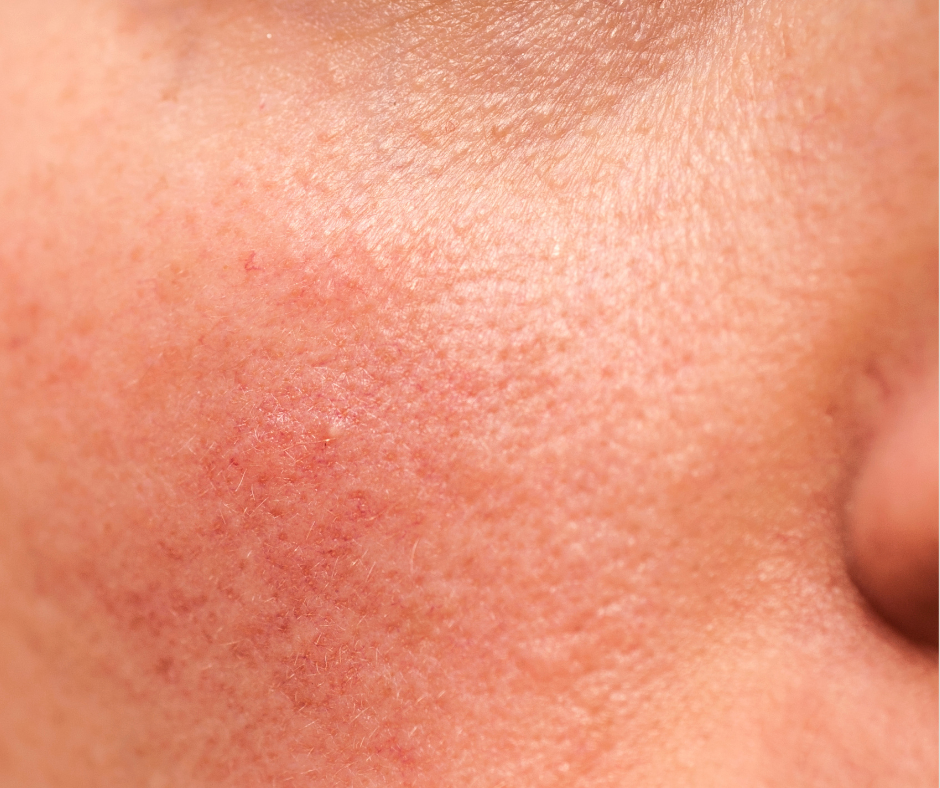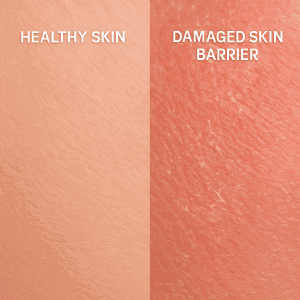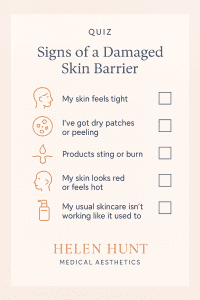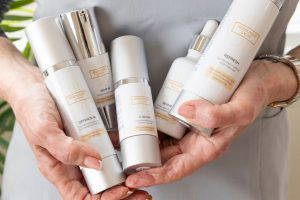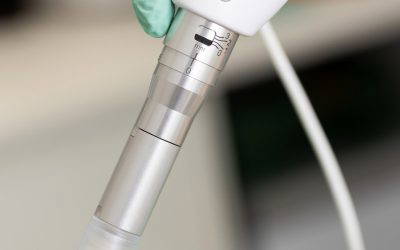Damaged Skin Barrier? Here’s How to Tell
Is your skin suddenly red, flaky, or stinging from products that never used to bother you? You could be dealing with a damaged skin barrier and trust us, you’re not alone.
Your skin barrier is your body’s built in defence system. It keeps hydration in and harmful irritants out. But when it’s compromised, your skin can become dry, sensitive and inflamed, often out of the blue.
Read on for the signs to watch for, what causes a damaged skin barrier and how you can gently nurse it back to health with the right products, habits and treatments.
Quick Quiz: Could Your Skin Barrier Be Damaged?
Tick off any that sound familiar:
✅ My skin feels tight, even after moisturising
✅ I’ve got dry, flaky patches or peeling skin
✅ Products that usually feel fine now sting or burn
✅ My skin looks red or feels hot more often
✅ My go to skincare just isn’t working like it used to
If you nodded yes to a few of these, your skin barrier may need some TLC.
What Causes a Damaged Skin Barrier?
Our skin barrier is sensitive and there are more ways to damage it than you might think:
- Over exfoliation, even with so called “gentle” acids
- Cold weather or dry indoor heating
- Sun damage and UV exposure
- Stress, poor sleep, or a disrupted diet
- Skin conditions like eczema or rosacea
- Layering too many actives too quickly
How to Repair Your Skin Barrier (Gently!)
Here’s how to get your skin back to calm, hydrated and healthy:
- Simplify your skincare routine
Strip it right back: such as a non-stripping cleanser, a barrier supporting moisturiser and SPF. Avoid anything with fragrance, alcohol or essential oils while your skin heals.
- Focus on calming ingredients
Look for ceramides, niacinamide, panthenol and hyaluronic acid. These ingredients help restore moisture, soothe inflammation and strengthen the skin’s protective layer.
- Pause on actives
Pause on retinol, AHAs, BHAs or other strong actives. Give your skin time to recover before reintroducing them, ideally with professional guidance.
- Consider treatments
Professional, skin soothing treatments can help speed up recovery and reduce sensitivity long term.
Barrier Repairing Treatments at Helen Hunt Medical Aesthetics
We offer several treatments and products that are gentle but effective at restoring your skin barrier:
- LED Light Therapy – Reduces redness and inflammation while supporting healing.
- Diamond Glow Facial or Skin Peel – Gentle resurfacing options, safe for sensitive skin.
- Observ 360 Skin Scan & Consultation – Tailored skincare plans based on what your skin really needs. Book your consultation here.
- Helen Hunt Skin Range – Try Revive (hydrating serum with hyaluronic acid) and Defence 50 (broad-spectrum SPF)
A damaged skin barrier is essentially your skin asking for a break. With a stripped back routine, soothing ingredients and possibly a little expert help, your skin can bounce back beautifully.
If you’re unsure what your skin needs or feel overwhelmed by options, we’re here to help.
Need help repairing your skin barrier?
Book your skin consultation today or pop us a message on Instagram or Facebook.
